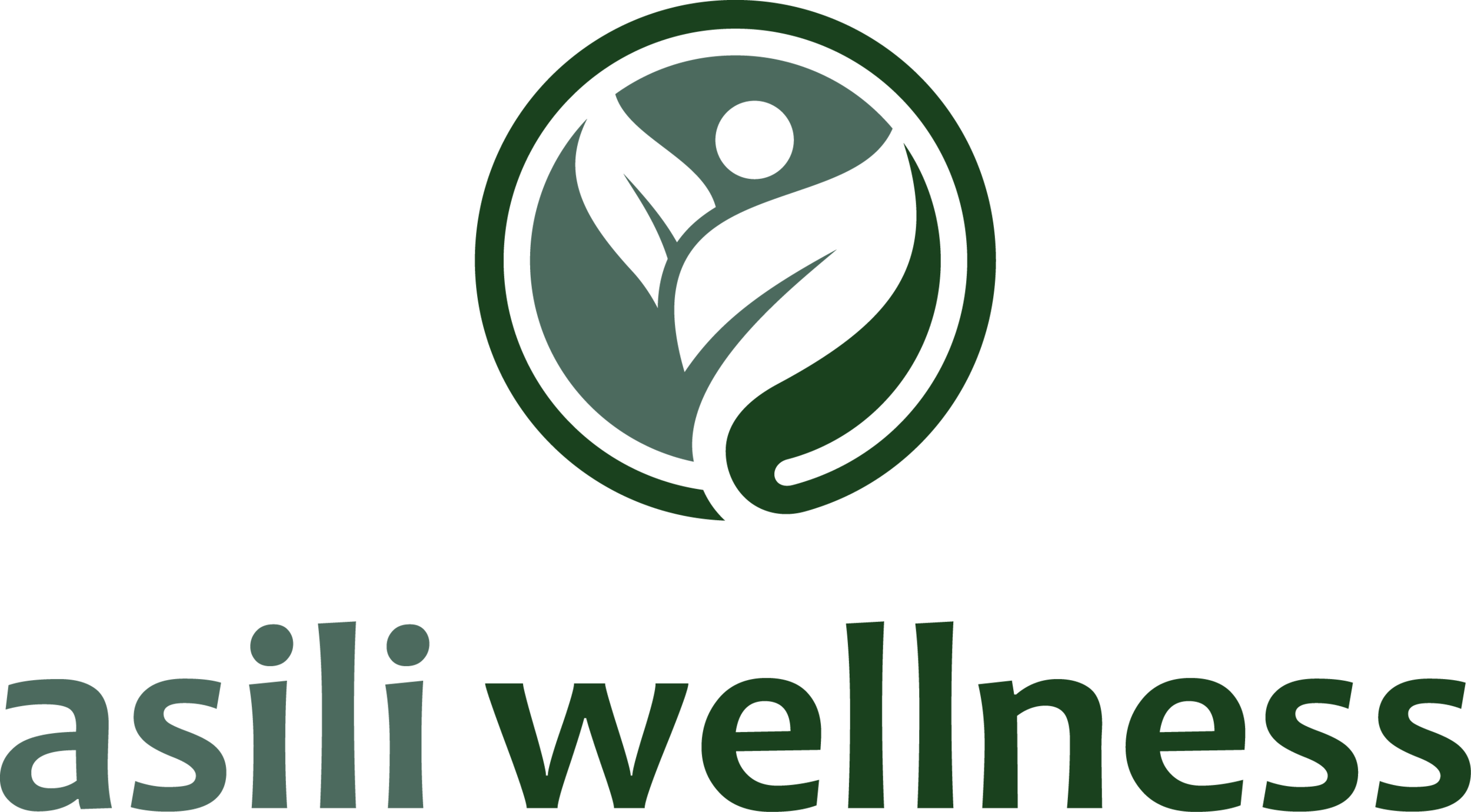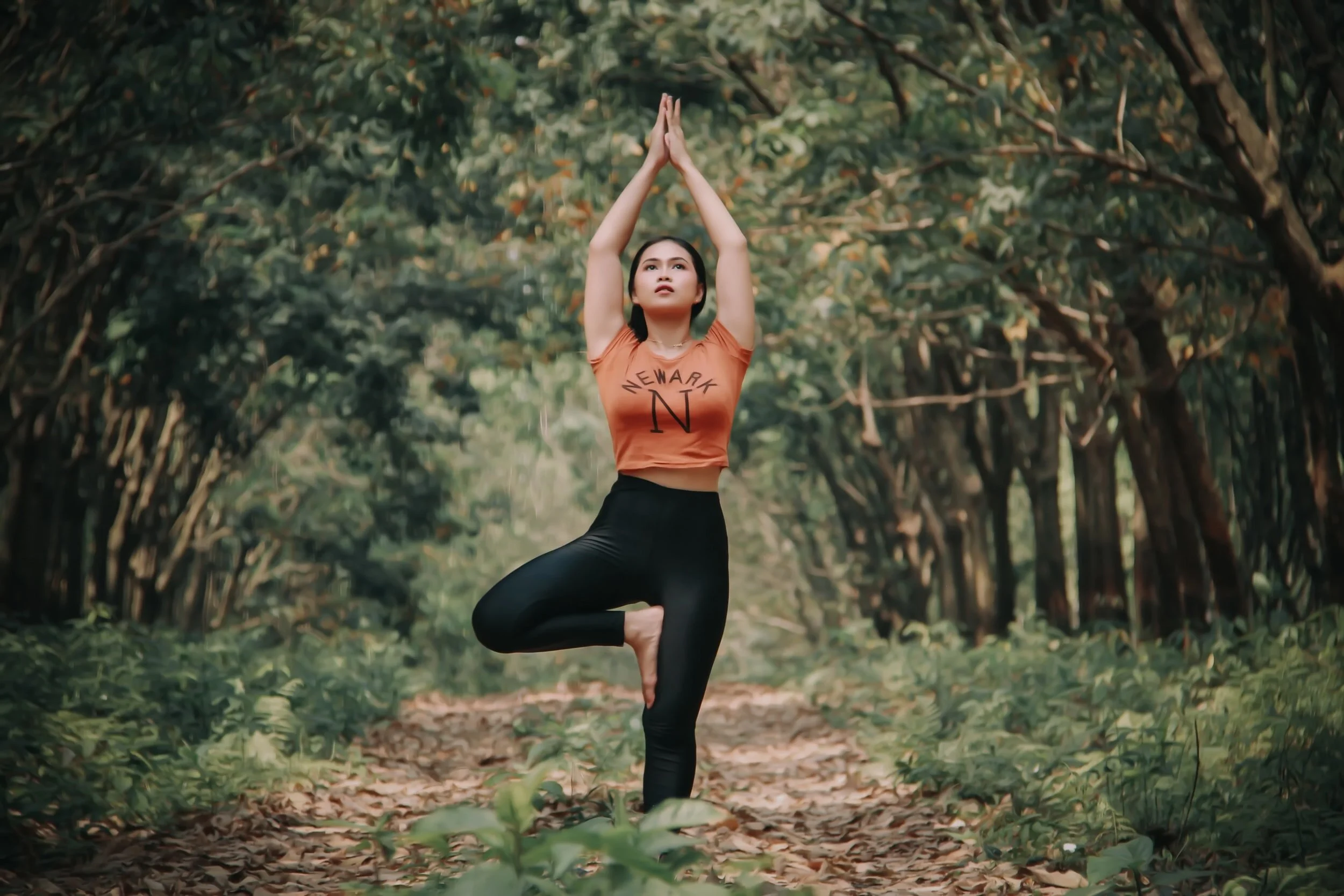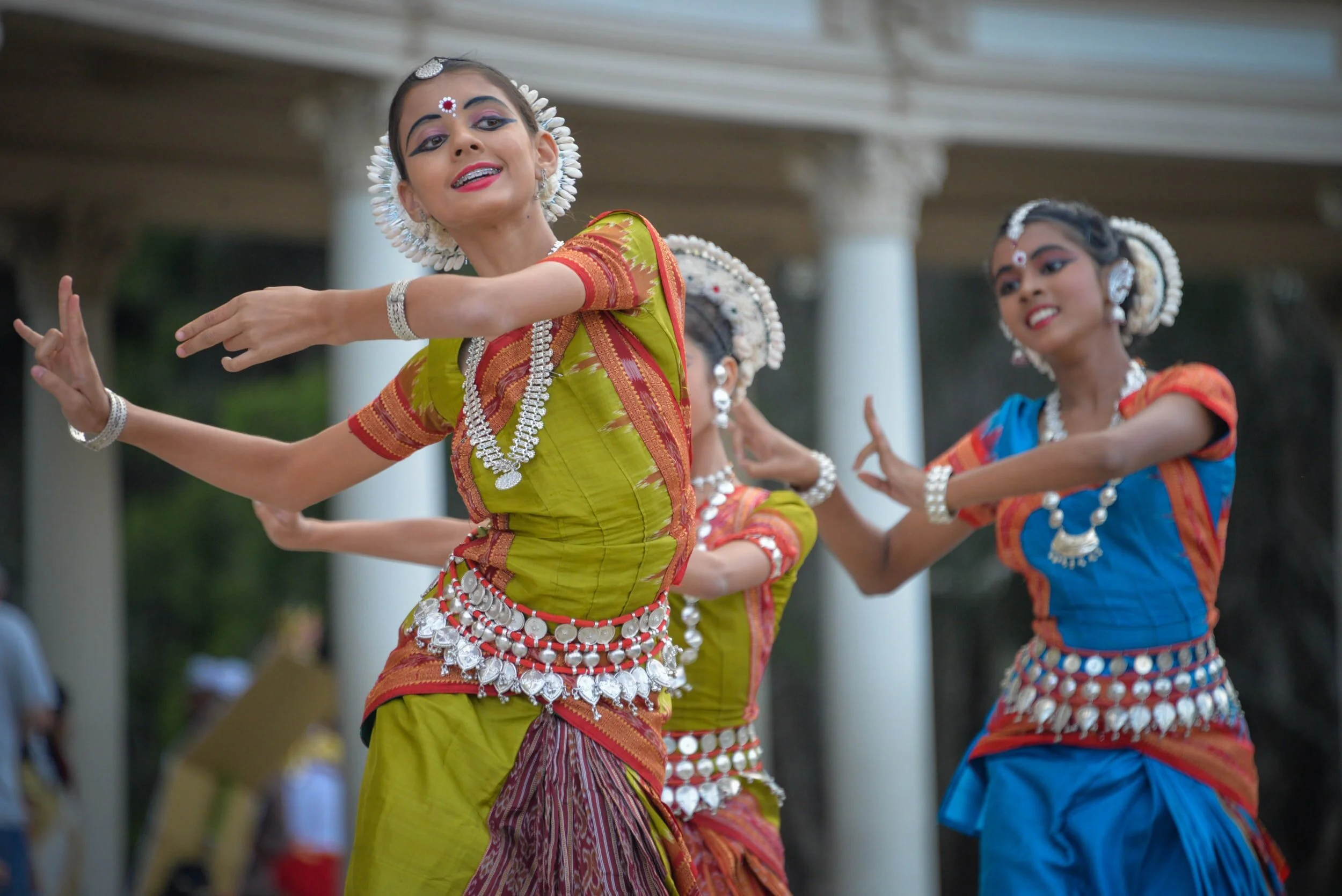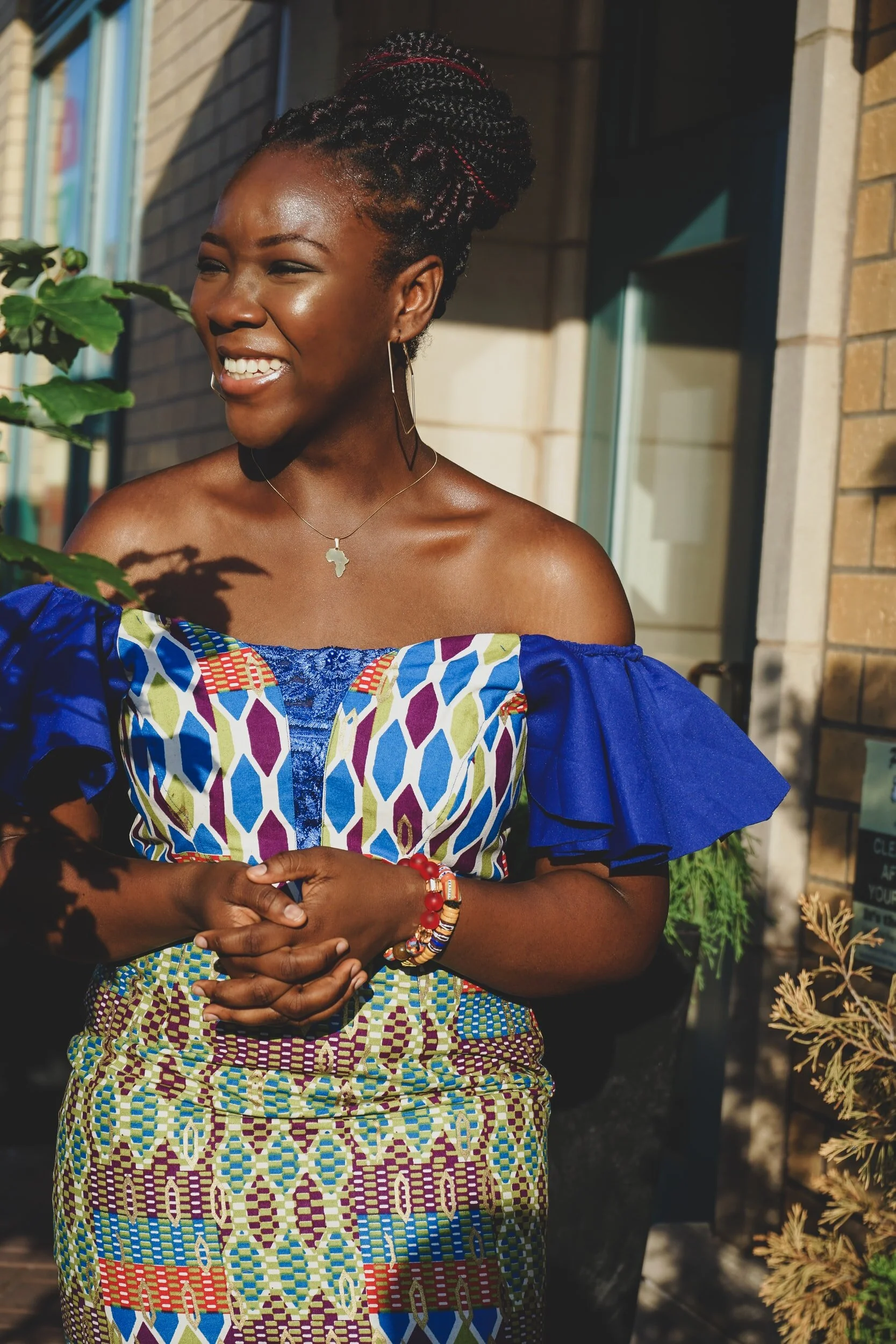Celebrate Minority Health Month with Us!
“Without health and long life, all else fails.”
- Dr. Booker T. Washington
April has arrived, so it’s time to recognize National Minority Health Month! This is the perfect opportunity to honor our vibrant cultures while diving deep into our holistic health—individually and as a community!
Mental Health: The Heart of Well-Being
Let’s talk about something super important: our mental health! The World Health Organization reminds us that proper health isn’t just the absence of illness; it’s a harmonious blend of mental, physical, spiritual, and social well-being. Mental health plays a crucial role in this mix! It influences how we think, feel, and connect with those around us.
When prioritizing our emotional well-being, we build resilience against stress, adapt to life’s twists and turns more efficiently, and confidently face challenges. It’s all about checking in with ourselves and recognizing our feelings–doing this can dramatically enhance our daily happiness and strengthen our relationships. So, take a moment right now: how are you feeling today? Let’s acknowledge it together!
Let’s sprinkle some joy into our lives with these exciting ways to celebrate our culture while also boosting our mental health and happiness:
(1) Embark on a mindful walk to soak in all the beautiful sights, sounds, and smells around you. Nature is a fantastic mood booster!
(2) Explore your cultural background and roots—discover your tribe and what makes you unique!
(3) Participate in meaningful traditions and customs that resonate with your heart. Celebrate what matters to you!
(4) Ground yourself by feeling the earth beneath your feet or hands. It’s a great way to reconnect!
(5) Talk It Out: Consider chatting with a therapist to understand better and articulate your emotions.
Social Health: The Power of Our Connections with Others
Let’s not overlook social health! Our relationships with others—at work, home, school, and communities—are crucial for our overall well-being. Strengthening these bonds is vital, so take a moment to reflect on how you’re feeling socially.
Here are some delightful and engaging ideas to enhance your social health and celebrate our culture:
(1) Snuggle with your furry friend—who doesn’t love a good dog cuddle?
(2) Volunteer at a local food bank and make a difference in someone’s life. Share the love!
(3) Offer support at a nearby senior housing center. Your time can truly brighten someone’s day.
(4) Sign up for that art class you've been dreaming about—it could be a beautiful adventure!
(5) Join a class about another culture or community. Expand your horizons!
Remember, taking small, joyful steps to celebrate our culture and connect with ourselves and others can create a world of difference! Let’s embrace this journey together!
Physical Health: A Flavorful Journey to Wellness
Taking care of our physical health begins with the delicious food we choose! Imagine vibrant plates filled with nutrient-rich greens, crunchy veggies, fresh fruits, hearty legumes, and satisfying nuts. These colorful options enhance our well-being and protect us from illnesses. Think about the cherished recipes your ancestors prepared—what aromas filled your home during those special meals? Let’s connect with our food and appreciate its impact on our health and happiness!
Incorporating physical activity into our daily lives adds another layer of vibrancy. Moving our bodies is joyful and helps reduce the risk of chronic conditions while elevating our mood and improving sleep. The Physical Activity Guidelines suggest aiming for at least 150 minutes of moderate-intensity exercise each week, whether a brisk walk, a bike ride, or dancing. Take a moment to check in to see how your body feels—you deserve it!
Here are some exciting ways to celebrate our culture while promoting physical health and wellness:
(1) Recreate a beloved childhood recipe using fresh produce from your garden.
(2) Explore local trails with a refreshing hike.
(3) Host a weekly family meal prep night for shared joy.
(4) Enjoy a spirited jog with a friend, sharing laughs along the way.
(5) Dance to the rhythms of your culture or try out some new music!
Let’s come together to celebrate our health and culture. Here’s to a vibrant and fulfilling journey!
Embracing Spiritual Wellness
Spiritual wellness is a beautiful tapestry woven from our beliefs, ethics, morals, and values. Here are some uplifting ways to celebrate our diverse beliefs and nurture our spiritual health together:
(1) Dive into Community Traditions: Get involved in local customs and celebrate the rich tapestry of beliefs around you.
(2) Connect in Small Groups: For support and meaningful connections, consider joining a small group at your church or community center.
(3) Create Your Sanctuary: Design a cozy corner in your home dedicated to reflection, prayer, and meditation—make it your oasis.
(4) Meditate Mindfully: Engage in meditation practices that align with your faith to deepen your spiritual connection.
(5) Reconnect with Nature: Spend time outdoors, away from the hustle and bustle, to recharge your spirit and find peace.
Final Thoughts
Let’s celebrate our vibrant culture and the incredible holistic health journey! Embrace these enriching practices and watch your mind, body, and spirit shine brighter than ever!
Are you ready to live a healthy and vibrant lifestyle? The EAT, LIVE, AND THRIVE BUNDLE can help! It includes Naturally Nourished, The Everyday Yogi, and Five Tips for Maintaining an Active and Healthy Lifestyle with a Busy Schedule. Start your journey to a healthier you today!
Shop Products
Call, email, follow, or shop today to start your journey!
Peace & Wellness, Dr. Nicole














